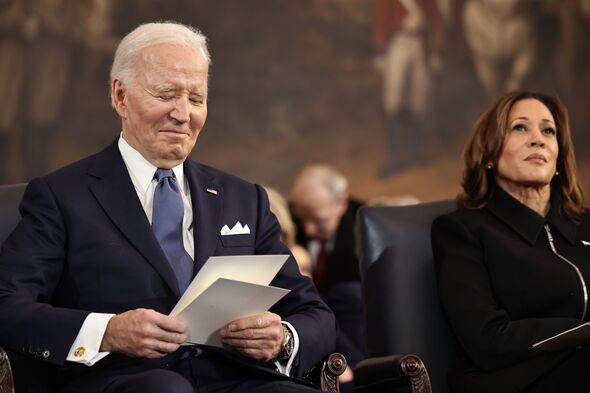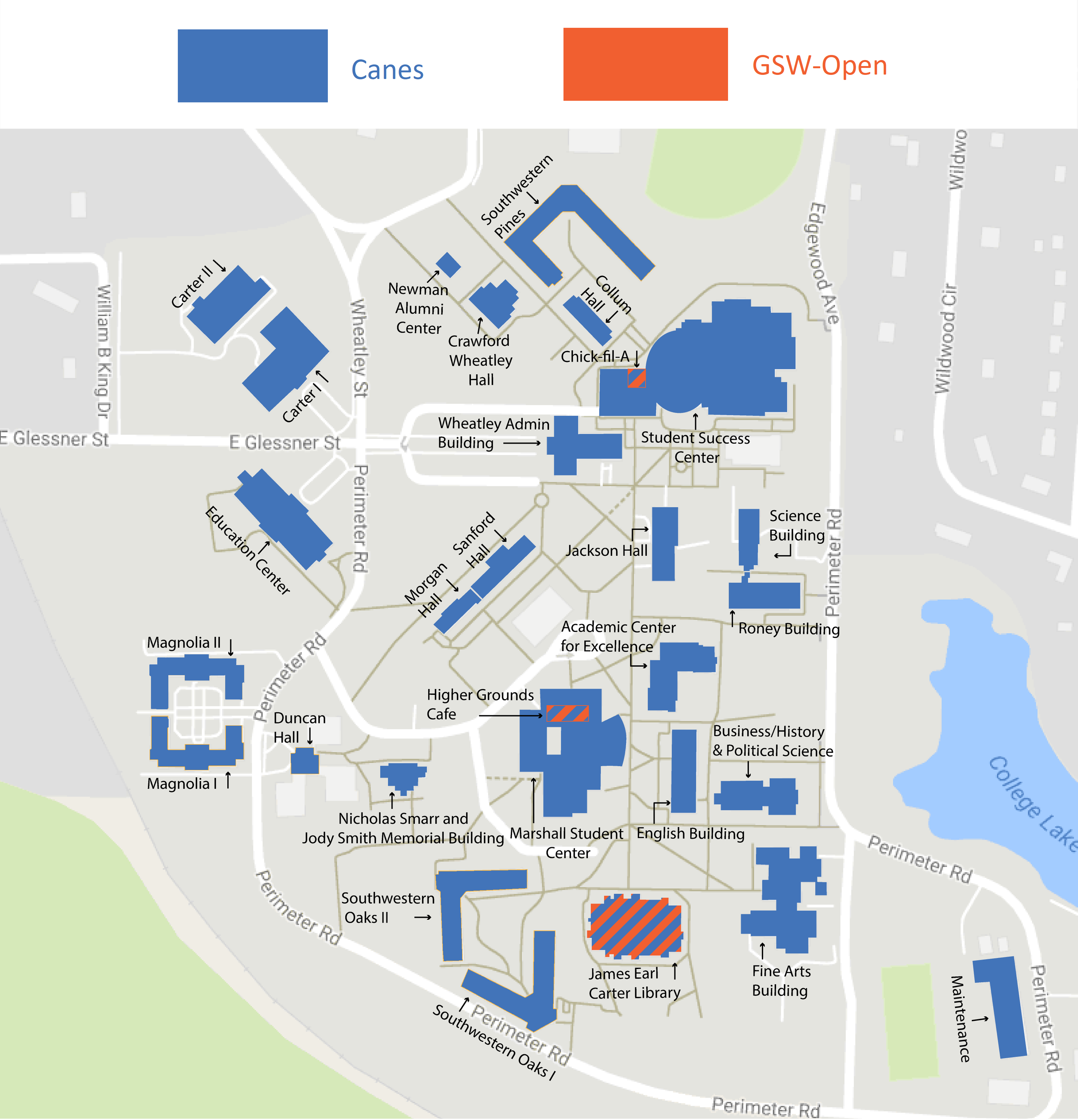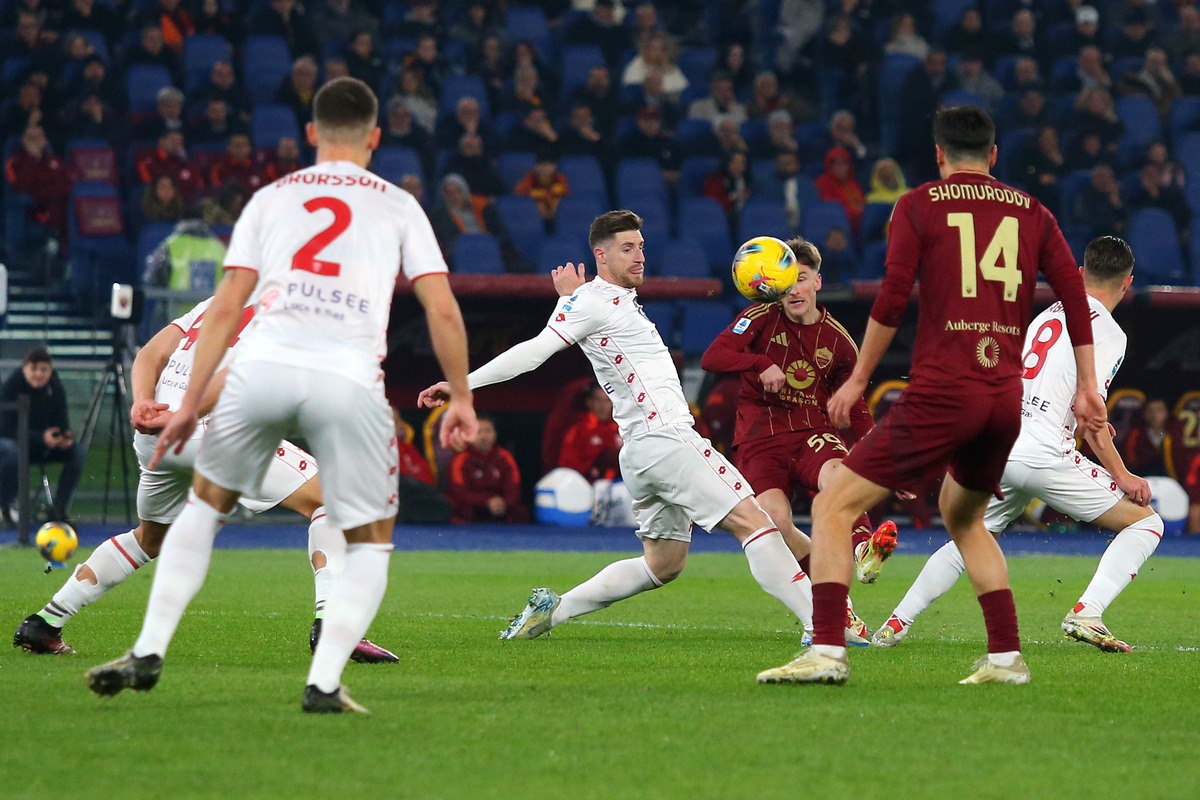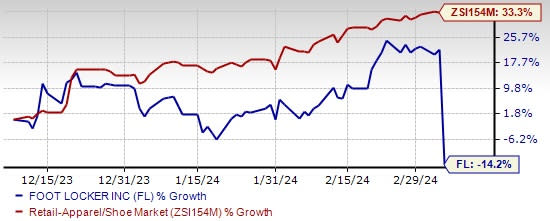Examining The Legacy: Presidential Pardons Issued During Trump's Second Term

Table of Contents
High-Profile Pardons and Commutations
The Presidential Pardons granted by President Trump during his second term included several high-profile cases that generated significant public and media attention. These decisions, often perceived as controversial, highlighted the power of clemency and the intense political ramifications of its use.
The Case of Roger Stone
Roger Stone, a long-time political strategist and associate of President Trump, faced charges of lying to Congress, obstruction, and witness tampering stemming from the Mueller investigation. His conviction was met with strong opposition from the President, culminating in a controversial pardon.
- Charges: Lying to Congress, obstruction of justice, and witness tampering.
- Timing of Pardon: Granted shortly before Stone's scheduled sentencing, causing accusations of political interference.
- Trump's Justification: Trump consistently maintained Stone's innocence, citing a politically motivated prosecution.
- Fallout: The pardon ignited intense debate regarding the fairness of the justice system and the President's use of executive power for political gain. Legal scholars and critics pointed to the apparent abuse of the pardon power. [Link to relevant news article] [Link to legal document].
Other Notable Pardons
Besides Roger Stone, other high-profile individuals received Presidential Pardons during Trump's second term, further fueling the controversy surrounding the use of clemency.
- Paul Manafort: Former campaign chairman for Donald Trump, convicted on charges of financial crimes related to his work in Ukraine. His pardon was similarly criticized for potentially undermining the rule of law. [Link to relevant news article].
- Michael Flynn: Former National Security Advisor, pleaded guilty to lying to the FBI. His pardon, granted before the completion of his sentencing, was heavily debated. [Link to relevant news article]
These controversial pardon decisions, characterized by their high profile and perceived political motivations, raised serious concerns regarding the ethical boundaries of executive clemency and the long-term impact on the integrity of the justice system. The use of the term "clemency" in this context often felt inadequate given the intense political implications and lack of apparent remorse from the pardoned individuals.
The Legal and Ethical Framework of Presidential Pardons
The power of Presidential Pardons is deeply rooted in the U.S. Constitution, but its exercise is governed by a complex interplay of legal precedent, ethical considerations, and political dynamics.
Constitutional Authority and Limitations
Article II, Section 2, Clause 1 of the U.S. Constitution explicitly grants the President the power to “grant Reprieves and Pardons for Offenses against the United States.” However, this power is not absolute.
- Historical Context: The pardon power has a long history, evolving from its early uses to its modern application.
- Supreme Court Rulings: The Supreme Court has addressed the scope of the pardon power in several cases, defining its boundaries and limitations. [Link to relevant Supreme Court case].
- Potential Abuses: The very nature of the pardon power makes it vulnerable to potential abuses, particularly when used for overtly political reasons.
Political Considerations and Public Opinion
The decision to issue a Presidential Pardon is rarely based solely on legal considerations. Political factors significantly influence the process.
- Political Alliances: Pardons can be used to reward loyal allies or to secure political support.
- Party Loyalty: Party affiliation can play a substantial role in shaping the decision-making process surrounding clemency.
- Public Opinion: While public opinion doesn't legally bind the president, it can influence the political calculus behind pardon decisions. [Link to relevant polling data or public opinion survey].
The Long-Term Impact of Trump's Second-Term Pardons
The Presidential Pardons issued during Trump's second term will undoubtedly have lasting consequences, affecting future administrations and the public’s perception of the justice system.
Implications for Future Administrations
Trump's approach to Presidential Pardons could normalize certain practices or exacerbate political polarization.
- Normalization of Practices: Frequent use of pardons for politically connected individuals might set a precedent for future presidents.
- Escalation of Polarization: The highly partisan nature of some pardon decisions could further deepen political divisions within the country.
Impact on the Justice System and Public Trust
The pardons granted during this period raise serious concerns about their impact on public trust in the justice system and the rule of law.
- Erosion of Trust: Perceived abuses of the pardon power can erode public confidence in the fairness and impartiality of the legal process.
- Accountability: The perception that powerful individuals can evade accountability through political influence undermines the principle of equal justice under the law.
- Due Process: The arbitrary nature of some pardons can be seen to violate the fundamental principles of due process and equal justice.
Conclusion
The Presidential Pardons issued during Trump's second term represent a significant chapter in the ongoing debate surrounding executive power and the limits of clemency. These decisions, marked by their high profile and often perceived political motivations, have had a profound and multifaceted impact. From the specific cases of Roger Stone, Paul Manafort, and Michael Flynn to the broader implications for the justice system and public trust, the legacy of these actions will continue to be scrutinized and debated for years to come. The diverse opinions and lasting consequences highlight the enduring complexity of Presidential Pardons and their role in shaping American history. To further expand your understanding of this crucial aspect of American governance, we encourage you to explore related articles and resources focused on Trump's legacy, presidential clemency, executive power, and political analysis. The enduring debate surrounding Presidential Pardons Issued During Trump's Second Term underscores the vital importance of continued discussion and analysis of this powerful and often controversial aspect of the presidency.

Featured Posts
-
 Gsw Campus Police Activity Concludes Individual Apprehended
May 16, 2025
Gsw Campus Police Activity Concludes Individual Apprehended
May 16, 2025 -
 En Vivo Roma Vs Monza Sigue El Partido Online
May 16, 2025
En Vivo Roma Vs Monza Sigue El Partido Online
May 16, 2025 -
 Analyzing Foot Lockers Fl Q4 2024 Earnings Performance And Strategic Initiatives
May 16, 2025
Analyzing Foot Lockers Fl Q4 2024 Earnings Performance And Strategic Initiatives
May 16, 2025 -
 March 22nd Nhl Game Maple Leafs Vs Predators Betting Picks
May 16, 2025
March 22nd Nhl Game Maple Leafs Vs Predators Betting Picks
May 16, 2025 -
 200 Raket I Dronov Podrobnosti O Novoy Atake Rossii Na Ukrainu
May 16, 2025
200 Raket I Dronov Podrobnosti O Novoy Atake Rossii Na Ukrainu
May 16, 2025
